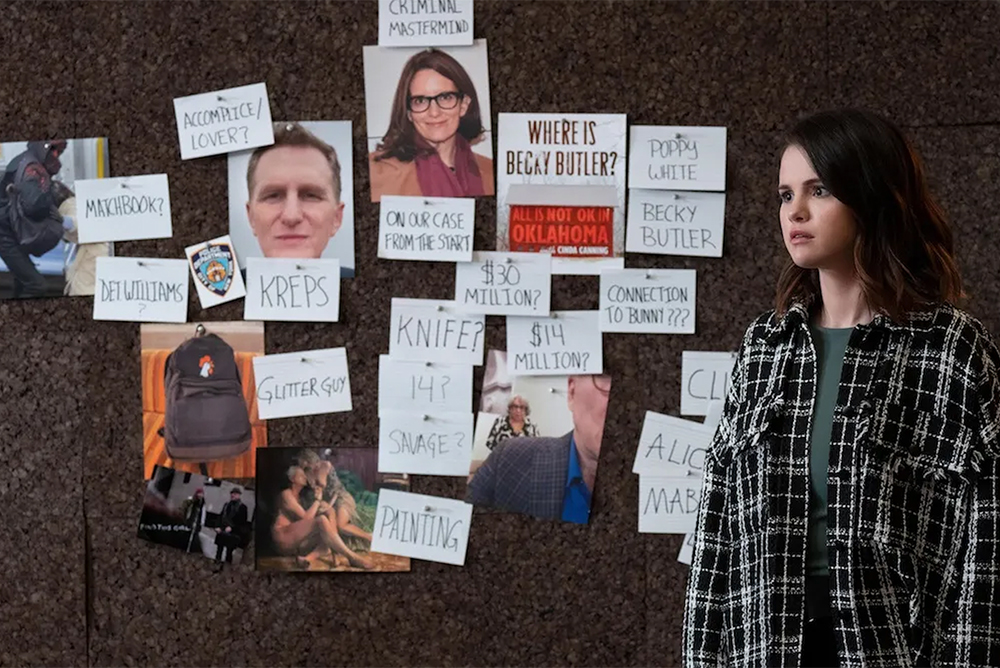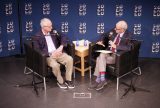Could True Crime Make the World a Better Place?
The Genre’s Sordid Reputation Goes Back to the 1800s—As Does Its Potential to Inspire Those Disillusioned with the Criminal Justice System
Recreating Mabel Mora’s look for Halloween this year was simple. All it took was a mini skirt, a sweater, some gold hoops, and knitting needles—items I already had lying around my apartment.
Slipping into costume as the youngest member of Only Murders in the Building’s trio of amateur detectives—who, for three seasons now, have been nosing and podcasting their way through the suspicious deaths that keep occurring in their Upper West Side apartment building—is easy, I suspect, by design.
That’s because Mabel Mora (played on the Hulu show by Selena Gomez) is …










